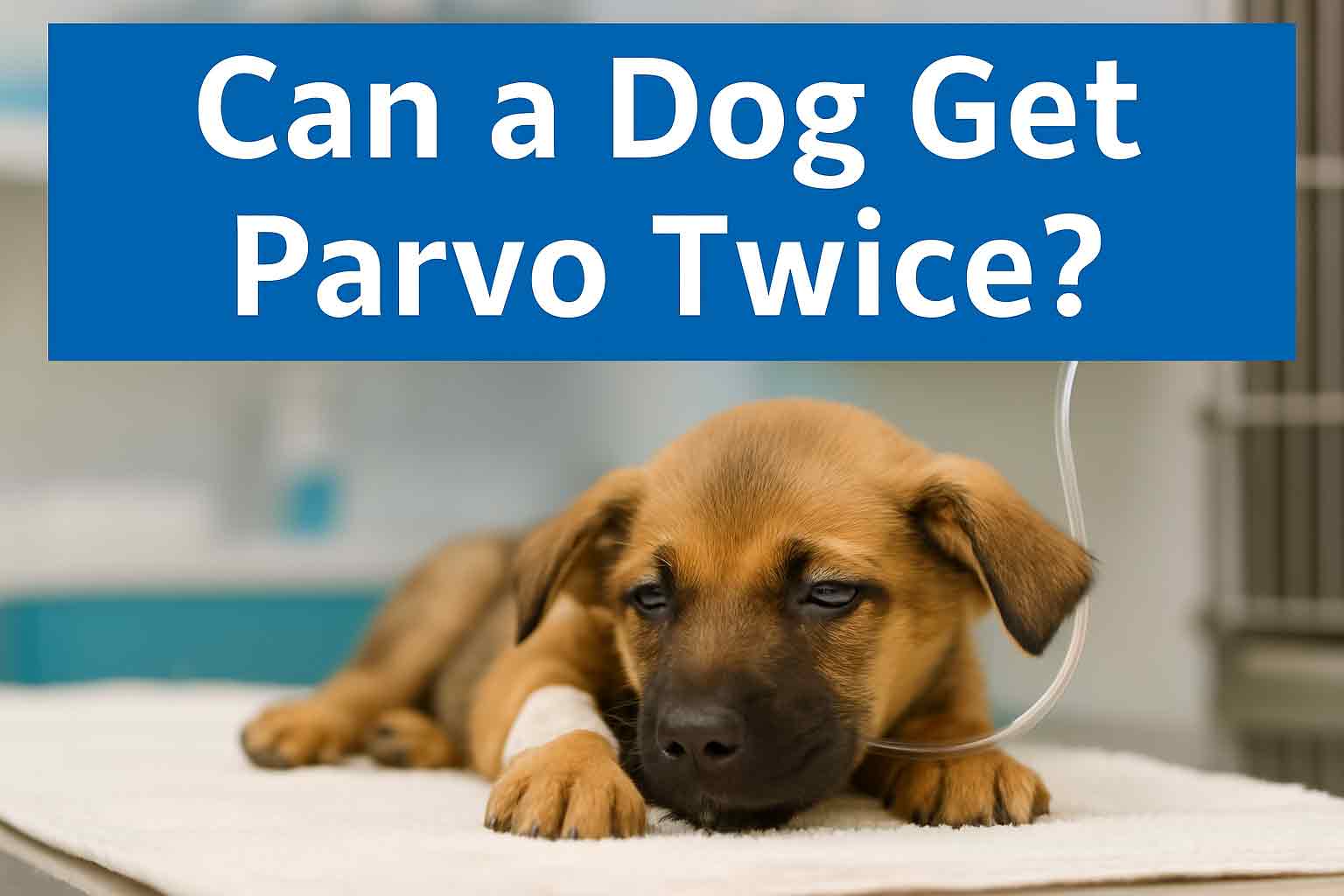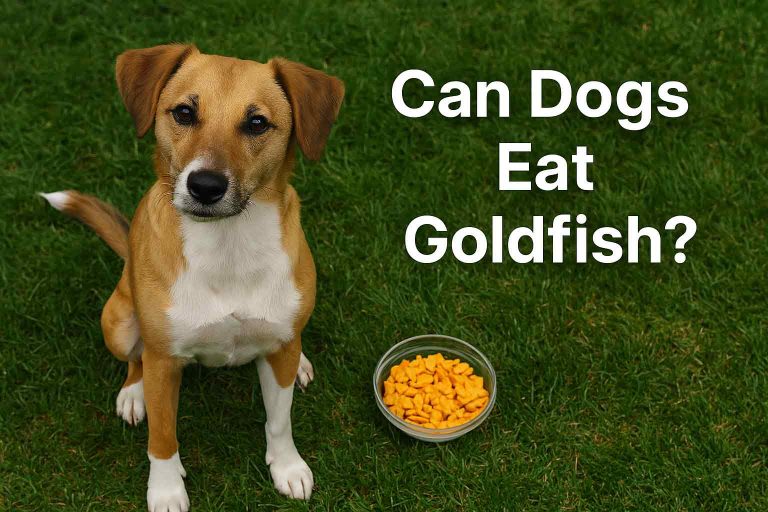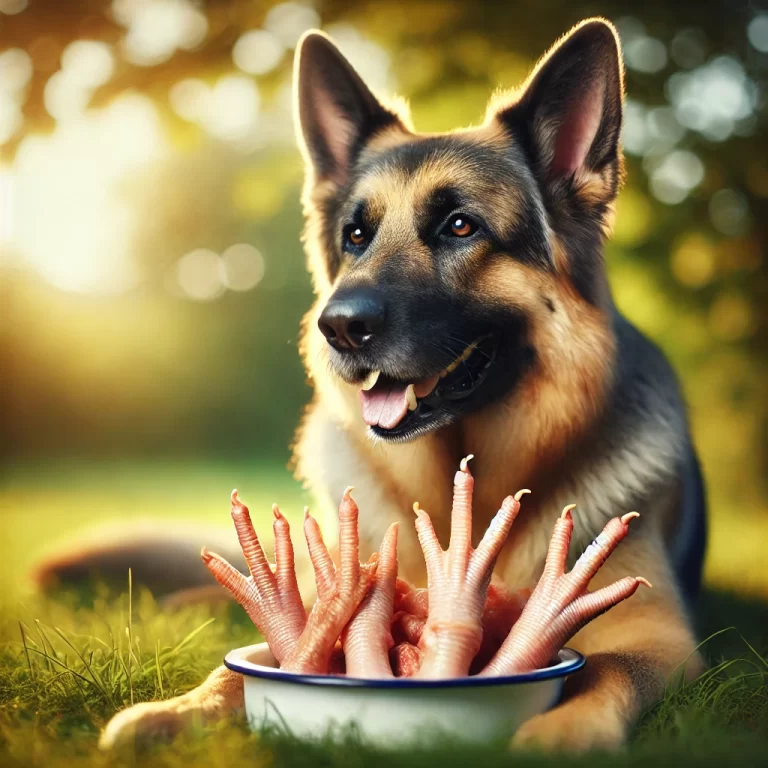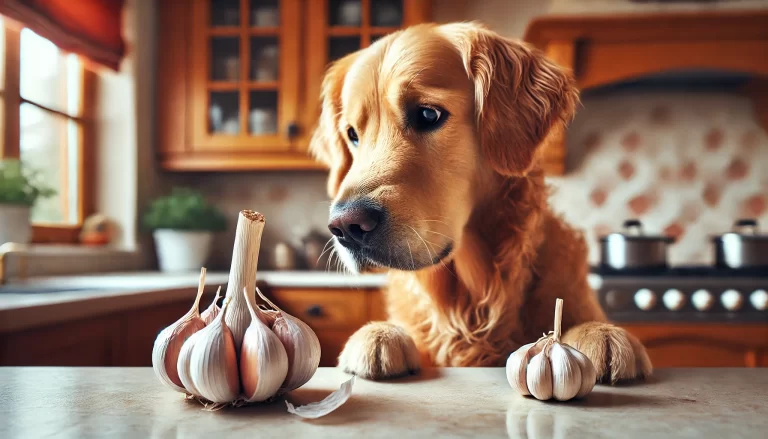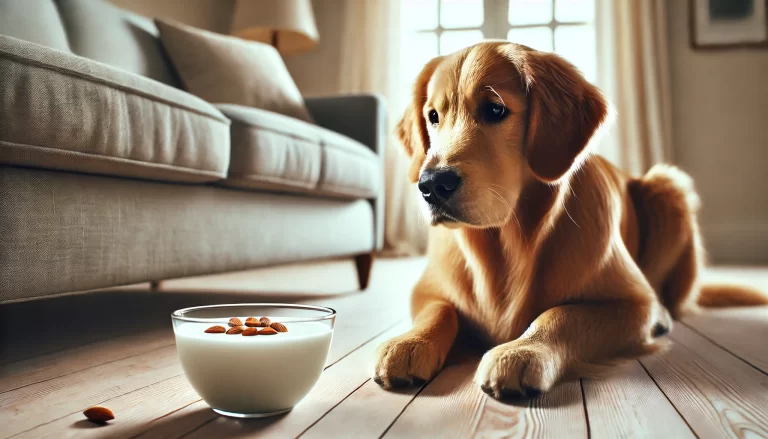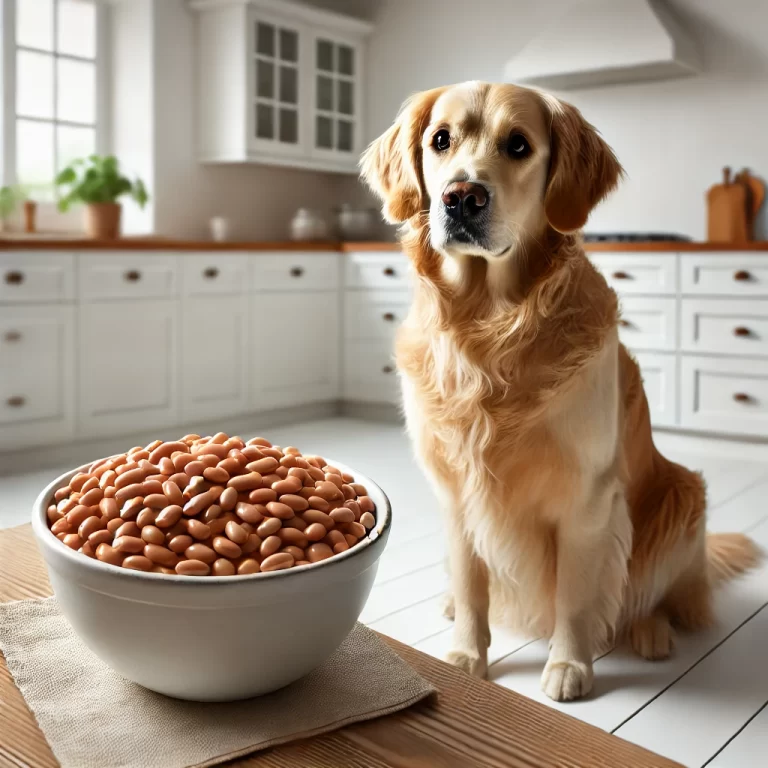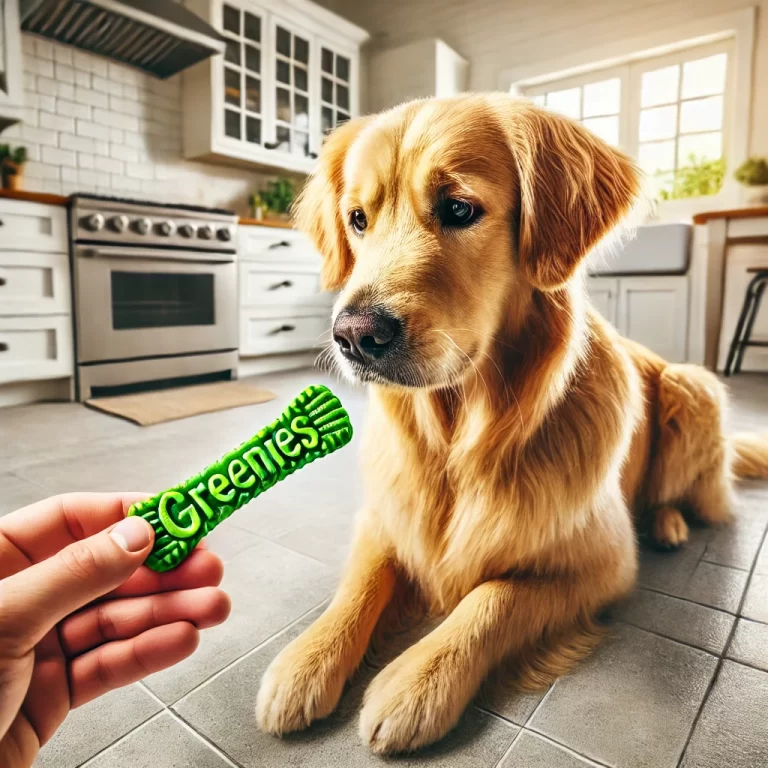Can a Dog Get Parvo Twice? Expert Answers & Prevention Tips
Table of Contents
- Introduction
- What is Parvo?
- Can Dogs Get Parvo Twice?
- Understanding Immunity in Dogs After Parvo
- Risk Factors for Parvo Reinfection
- Symptoms of Parvo in Dogs
- How Veterinarians Diagnose Parvo
- Parvo Treatment Options
- Prevention Tips for Parvo in Dogs
- Frequently Asked Questions
- Conclusion
Introduction
One common concern among dog owners who have experienced canine parvovirus (parvo) is whether their beloved pet can get this devastating disease more than once. This article provides clarity on the question, “Can a dog get parvo twice?”, explaining the mechanisms of immunity, symptoms, treatment, and ways to prevent reinfection.
What is Parvo?
Parvovirus is a highly contagious viral disease affecting dogs, particularly puppies and unvaccinated adults. It targets the gastrointestinal tract, causing severe vomiting, diarrhea, and dehydration, and can rapidly become life-threatening if not treated promptly.
Can Dogs Get Parvo Twice?
Generally, once a dog survives a parvo infection, it develops immunity. However, in rare cases, dogs can indeed contract parvo more than once. Reinfection is unusual but possible, especially if the immune system is compromised or vaccination is incomplete.
Understanding Immunity in Dogs After Parvo
After recovery, dogs typically gain robust immunity against parvo, lasting several years or even a lifetime. This natural immunity occurs as the dog’s immune system produces antibodies that recognize and fight the virus if encountered again. However, immunity levels can vary based on individual health conditions and vaccination practices.
Risk Factors for Parvo Reinfection
Several factors could increase the likelihood of a dog contracting parvo again:
- Incomplete Vaccinations: Dogs without complete and regular vaccinations are at greater risk.
- Compromised Immune System: Dogs with underlying health issues or weakened immune systems due to illness or medication may be susceptible.
- Exposure to High-Virus Environments: Areas contaminated with the virus, such as shelters or dog parks, can increase reinfection chances.
Symptoms of Parvo in Dogs
Recognizing parvo symptoms early can dramatically improve survival rates. Common signs include:
- Severe diarrhea, often bloody
- Persistent vomiting
- Lethargy and weakness
- Loss of appetite and rapid weight loss
- High fever or sudden drop in temperature
How Veterinarians Diagnose Parvo
Diagnosis usually involves a physical examination, medical history, and specific tests such as fecal ELISA (enzyme-linked immunosorbent assay) tests, blood tests, and sometimes imaging studies.
Parvo Treatment Options
Treatment for parvo is intensive and includes:
- Intravenous fluids to combat dehydration
- Antibiotics to prevent secondary infections
- Anti-nausea medications to control vomiting
- Hospitalization for critical cases
Prevention Tips for Parvo in Dogs
The most effective way to protect your dog from parvo and reinfection includes:
- Regular vaccinations following veterinary guidelines
- Avoiding exposure to potentially contaminated areas
- Keeping puppies isolated until fully vaccinated
- Maintaining good hygiene practices at home
Frequently Asked Questions
How soon after recovery can a dog get parvo again?
Typically, dogs develop strong immunity after recovery, reducing immediate reinfection risk. However, compromised immunity may shorten this period.
Is parvo contagious after recovery?
Recovered dogs usually stop shedding the virus within 10-14 days after symptoms disappear, but strict hygiene should be maintained.
Do vaccinated dogs still risk getting parvo?
Though very effective, vaccinations are not always 100% guaranteed. However, vaccinated dogs typically experience milder symptoms if infected.
Conclusion
While it’s uncommon, a dog can potentially get parvo twice, especially under specific health or environmental conditions. By following proper vaccination schedules, recognizing early symptoms, and maintaining diligent preventive measures, dog owners can significantly lower the risk of parvo reinfection, ensuring a long and healthy life for their furry companions.

